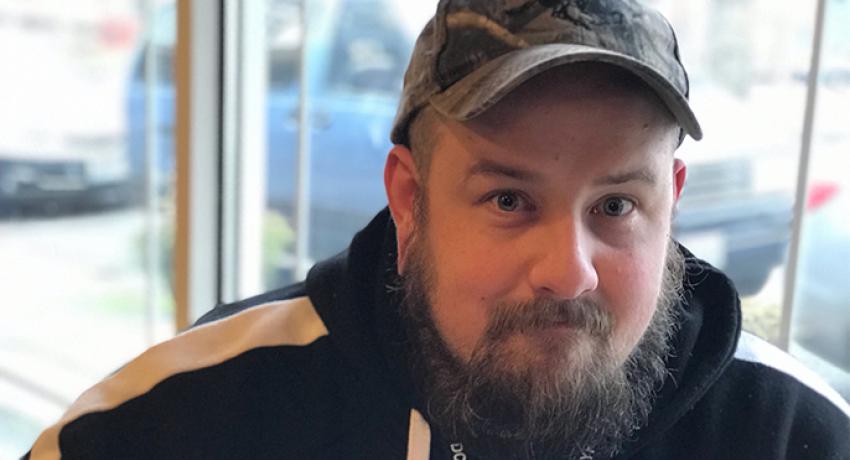Through his work with at-risk youth, DCYF staffer Zach Corbett realized that having a strong role model and mentor during his formative years made a world of difference in keeping his “head in the game.”
Mentoring can manifest in many ways – sometimes it’s your college professor or work supervisor, sometimes it’s a neighbor or someone through an accredited program. For Zach, mentoring came in the form of his high school teacher and wrestling coach.
“You know with parents sometimes you just let things in one ear and out the other, but with him I listened,” he says. “He taught me valuable lessons I couldn’t learn from my parents.”
One in three young people are growing up without a mentor outside of their family. This is the mentoring gap in America. At a time when much of the focus is on what divides us, research from our partners at MENTOR Washington shows that mentoring relationships are powerful tools for connection and are critical to our country’s future.
Like Zach, many youth and young adults can benefit tremendously from the support mentoring offers. “He would help me with break ups, figuring out college – I called him when I was failing my chem final, bawling like a knucklehead. He’s just kind of always been present,” says Zach.
Zach went on to get a college wrestling scholarship and now, years later, even coaches from time to time – just like his mentor. “He’s still teaching and coaching. I brought my son to meet him – we’ve met up several times.”
For anyone considering mentoring Zach says, “It would be one of the best things you can do. It’s so important for older generations to offer perspective and guidance to younger generations – to have older folks stick with them through tough times.”
To learn more about mentoring opportunities near you, check out our partners at MENTOR Washington.

